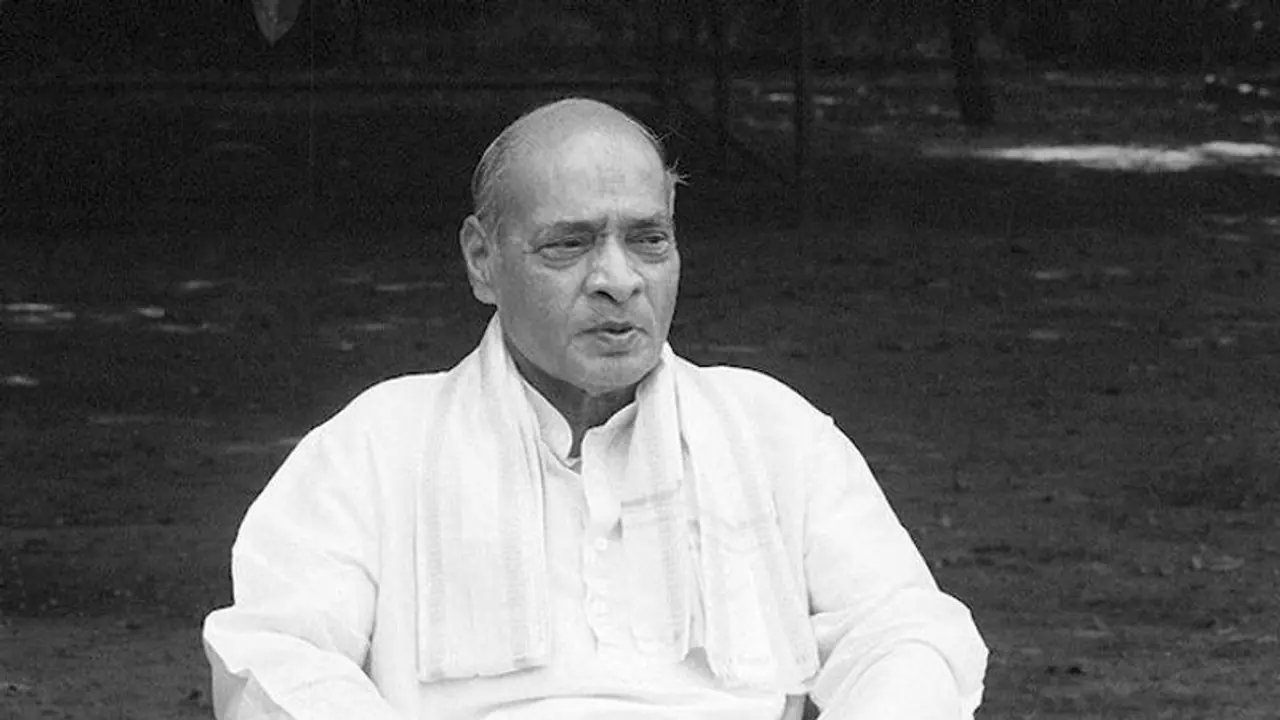Despite facing challenges and controversies, PV Narasimha Rao's tenure is credited with fostering economic growth. Additionally, Rao was a polyglot, prolific writer, and thinker, contributing significantly to Indian politics and literature.
Late Prime Minister Pamulaparti Venkata Narasimha Rao has been honoured with the Bharat Ratna, Prime Minister Narendra Modi informed on Friday. Rao served as the 9th Prime Minister of India from 1991 to 1996.

Hailed from Modest Agricultural Family
Born on June 28, 1921, in the village of Laknepalli in present-day Telangana, Rao hailed from a modest agricultural family. He completed his education in the village and later pursued higher studies in Hyderabad and Bombay (now Mumbai), graduating with a Bachelor of Arts degree.
Early Political Life
Rao was deeply influenced by the Indian independence movement and joined politics at an early age. He was associated with the Indian National Congress party and held various positions within the party hierarchy. His political career saw a steady rise, and he served in several important roles, including as a Member of the Legislative Assembly (MLA) of Andhra Pradesh, Minister of Law and Endowments in the state government, and Minister of Education in the Andhra Pradesh cabinet.
Tenure as Chief Minister
In 1971, Narasimha Rao was appointed as the Chief Minister of Andhra Pradesh, a position he held for two brief terms. His tenure was marked by initiatives aimed at agricultural development, education reform, and rural development. Despite facing challenges, Rao's administrative acumen and pragmatic approach earned him recognition as a competent administrator.
Tenure at the Centre
On the national stage, Rao served as a Union Cabinet Minister in various portfolios, including External Affairs, Defence, and Human Resource Development, under Prime Ministers Indira Gandhi and Rajiv Gandhi. He was known for his expertise in diplomacy and played a crucial role in shaping India's foreign policy during his tenure as Foreign Minister.
On the Prime Minister's Seat
Narasimha Rao's most significant political milestone came in 1991 when he was unexpectedly chosen as the leader of the Indian National Congress party and sworn in as the Prime Minister of India. His tenure as Prime Minister coincided with a period of profound economic and political transformation in India. Faced with a severe balance of payments crisis and economic stagnation, Rao initiated sweeping economic reforms aimed at liberalizing the Indian economy and integrating it with the global market.
'Rao Reforms'
The economic reforms, often referred to as the "Rao reforms" or "economic liberalization reforms," encompassed measures such as deregulation, privatization of state-owned enterprises, and reduction of trade barriers. Despite facing resistance from within his own party and coalition, Rao's bold reforms paved the way for unprecedented economic growth and modernization in India. His government also undertook significant policy initiatives in areas such as telecommunications, infrastructure development, and fiscal management.
Controversies
However, Rao's tenure was not without controversy. His government faced criticism over issues such as corruption allegations, communal tensions, and the handling of sensitive political matters. Despite these challenges, Narasimha Rao is widely credited with orchestrating India's economic resurgence and laying the foundation for its emergence as a global economic powerhouse.
Apart from his political career, Rao was also a prolific writer and scholar. He authored several books on a wide range of subjects, including politics, history, and philosophy. His autobiography, titled "The Insider," provides insights into his life, political journey, and the events that shaped modern India during his tenure as Prime Minister.
Narasimha Rao's contributions to Indian politics and society earned him accolades and recognition both domestically and internationally. Rao passed away on December 23, 2004, leaving behind a legacy of leadership, statesmanship, and reform that continues to inspire generations of Indians.
